Spending money like there’s no tomorrow
What kind of nation are we when we see government as the solution to every woe?
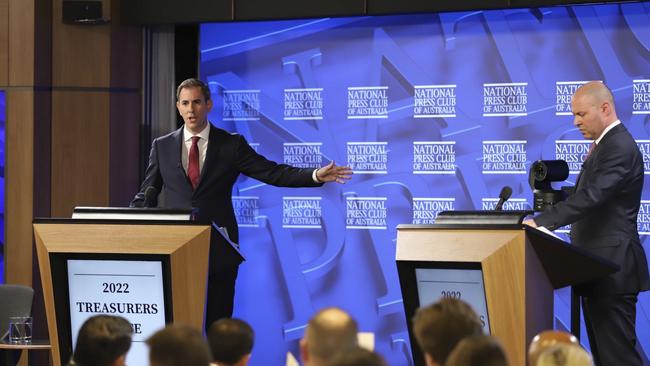
Government programs and expenditure are overwhelming our economy and our society. The interventions and spending have rapidly reached the highest levels since the war; and we pretend this is sustainable.
For every problem, real or perceived, every grievance, every gripe and every itch that needs to be scratched, we see the offer of a government solution. Labor is worse, to be sure, but the Coalition too, has been sucked ever deeper down this cul-de-sac.
As Ronald Reagan said in his first inaugural address: “Government is not the solution to our problem; government is the problem.” We await our Reagan, or a Margaret Thatcher, but it seems that if ever they spring forth, it will not be from the current parliament. This is no small matter. It goes to the durability of our economic model, effectiveness of our democracy and character of our country.
We are entering a period of record debt, higher inflation and rising interest rates, while the strategic environment presents the greatest security risks for at least four decades. And this is occurring while our expectations of government are higher than ever.
It cannot last. This approach cannot survive a term of government, let alone a decade – but we carry on blamelessly in this election campaign pretending everything will be delivered and affordable.
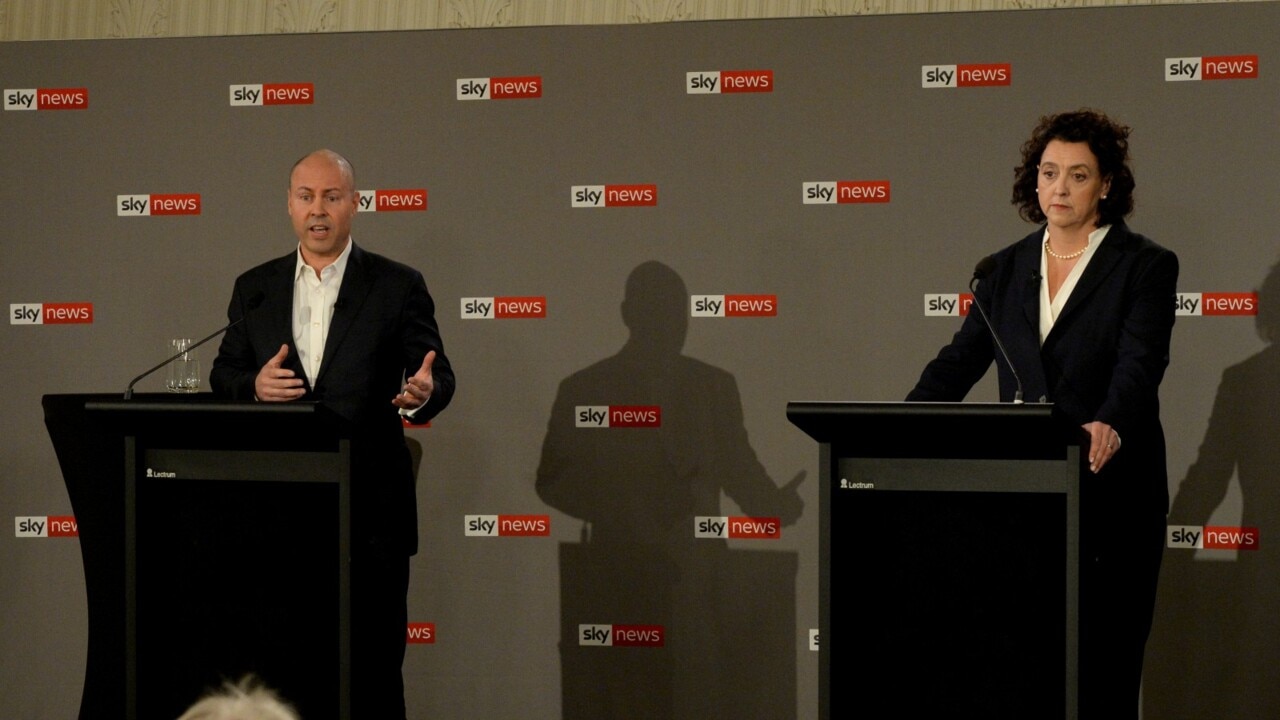
After a pandemic period in which government has restricted how many people we could have in our homes, banned us from travelling overseas, blocked our citizens from returning home, prevented travel across state borders, closed businesses, imposed curfews, locked down states, mandated vaccines, barred people from funerals, prohibited singing and dancing, chased people from parks and beaches, prosecuted dissenters and kept children from school, you might have thought we would have had enough of being over-governed.
But many seem to see this overbearing Covid-19 response as proof that government knows best, and does best. We have quickly progressed from the worrying infantilism of the nanny state to the dark authoritarianism of unlimited state mandates.
In the blinking of an eye we have replaced Mary Poppins with Nurse Ratched – and too many of us roll up at medication time with gratitude.
This trend involves some monumentally humungous initiatives such as the National Disability Insurance Scheme (a federal takeover of state disability responsibilities that soon will outstrip spending on Medicare and defence) and the National Broadband Network (a government-owned monopoly). While surely all of us agree with the desired outcomes of these programs, the direct government models leave much to be desired, making them more expensive and less effective than they otherwise might have been. Climate policies, too, have resulted in tens of billions of dollars in costs, boondoggles and subsidies. But neither major party will call this out or rein it in.
There are little annoyances and intrusions too, such as vouchers from state governments for meals, holidays or kids’ sport. Over the years the expansion of government adds up, and every election promise entrenches the disease.
We surrender agency, shunning personal responsibility, enterprise and self-reliance. We look to the state for more, always more.
This was brought into focus brilliantly this week during a National Press Club debate between Josh Frydenberg and Labor Treasury spokesman Jim Chalmers that canvassed weighty issues such as inflation, interest rates, unemployment figures and fiscal strategies. Then Shane Wright, from The Sydney Morning Herald and The Age, asked a cheeky question aimed primarily at pork-barrelling. Wright said he had taken his dog, Scully, for a run that morning without incurring any expense to taxpayers, but he noticed the Coalition was promising $320,000 for a dog park in the marginal seat of La Trobe, and Labor was promising $200,000 to upgrade two dog parks in the seat of Macquarie.
He asked why this was a good use of taxpayers’ money and whether there was any productivity gain to be made from this spending. A brilliant point, well made, bringing laughter from the audience.
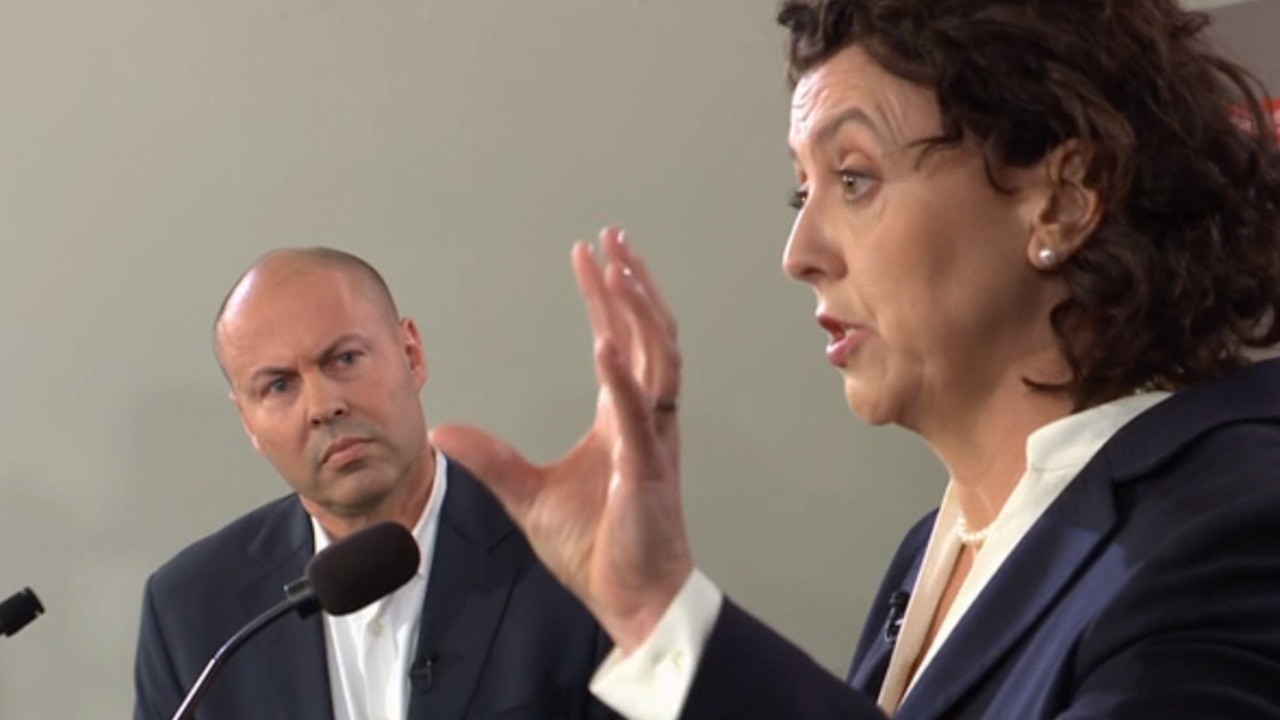
But this example goes deeper than rank pork-barrelling and marginal seat campaigning; why on earth is the federal government involved in funding dog parks? We have local governments to look after such matters, we have state governments that dip into this territory, too, and now Canberra, with its prescribed areas of responsibility such as defence, external affairs, taxation and currency, sticks its slobbering snout into dog parks.
Whatever your priorities in this country, whatever your desires, there will be a politician at some level of government – probably all three – willing to throw other people’s money at it.
We are motoring towards $1 trillion in government debt, and we have a federal budget deep in deficit with no clear line of sight to balance. Both major parties have long agreed government expenditure should not exceed 25 per cent of gross domestic product but it topped 31.5 per cent during the pandemic and remains more than 27 per cent for the next two years – who knows if, and when, the federal government again will be constrained to within a quarter of our economy.
Obviously, the larger the share of the economy that is made up by government, the heavier the burden to fund it from the comparatively shrinking private sector share. The Coalition at least is committed to cap taxation revenues at 23.9 per cent of GDP but Labor refuses to adopt that ceiling, which only raises questions about unspoken post-election plans.
We are kidding ourselves in this election campaign. Somehow economic growth will be so strong as to lift us out of this quagmire, even as we accelerate an unprecedented, uncosted and unnecessary switch from reliable fossil fuels to renewable energy.
Even without the ominous economic consequences, this government expansionism need to be contested because of what it does to our society. The micro examples show how our public debate and both sides of the political aisle look first to government to improve every aspect of life. Whether it is what our children eat in their school lunches, what fuel we put in our cars, what we watch on television or how we get access to online movies, we look to or put up with government solutions and intrusions.
From before the cradle (through reproductive medicine) to the grave, we expect government to provide for us. This is not to deny an appropriate role for government, this is not a zero-sum game. We need government interventions, especially to assist the disadvantaged and vulnerable, it is just that we need to restrict the reach and impose limits.
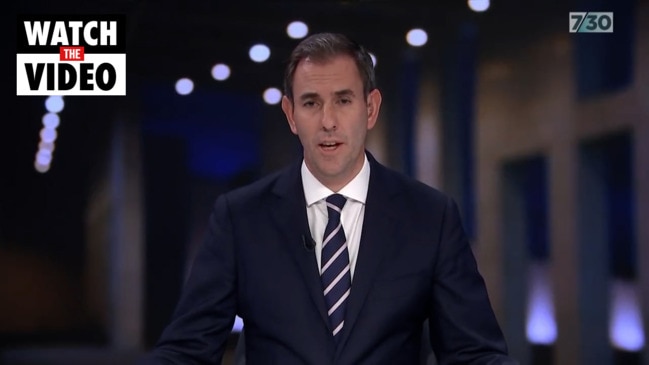
The tendency to rely on government is not limited to the political left; it is a leftist attitude that spreads across the partisan divide. It was instructive this week to hear billionaire philanthropist Nicola Forrest, co-chair of the Minderoo Foundation, speaking on Sky News about the undoubtedly good work her charity supports.
“We have universal health, we have universal education, and I think where we are really failing our country is that those first five years we don’t have anything universal about that,” Forrest said. “In fact, the jurisdiction about who is in charge of children from maternal health, between maternal health and school there’s a huge gap, so at either end of the spectrum we’re failing families here in Australia.”
Forrest went on to talk about how reform in this area would not only help the educational development of children but assist women to join the workforce. But it was the underlying assumption here, that there should be universal programs to educate and care for children from birth to graduation, that worries me.
Sure, we need services to assist the vulnerable and disadvantaged, and to support the choices of all families. But in the main this is a responsibility first and foremost for parents, families and communities. It is not the government’s duty to raise our children from the cradle to the grave. In fact government intrusions should be kept to a minimum.
Yet in this election campaign we get daily promises of more spending, from sports fields to medical procedures, subsidised electric cars to an expanded public broadcaster. Labor is even promising to take a 40 per cent stake in people’s homes – a socialisation of the great Australian dream.
By convincing us that government spending could solve any problem, Covid-19 has taught us the wrong lessons at the wrong time. I hope you enjoy the final two weeks of the election campaign because some time after that things are gonna get real.


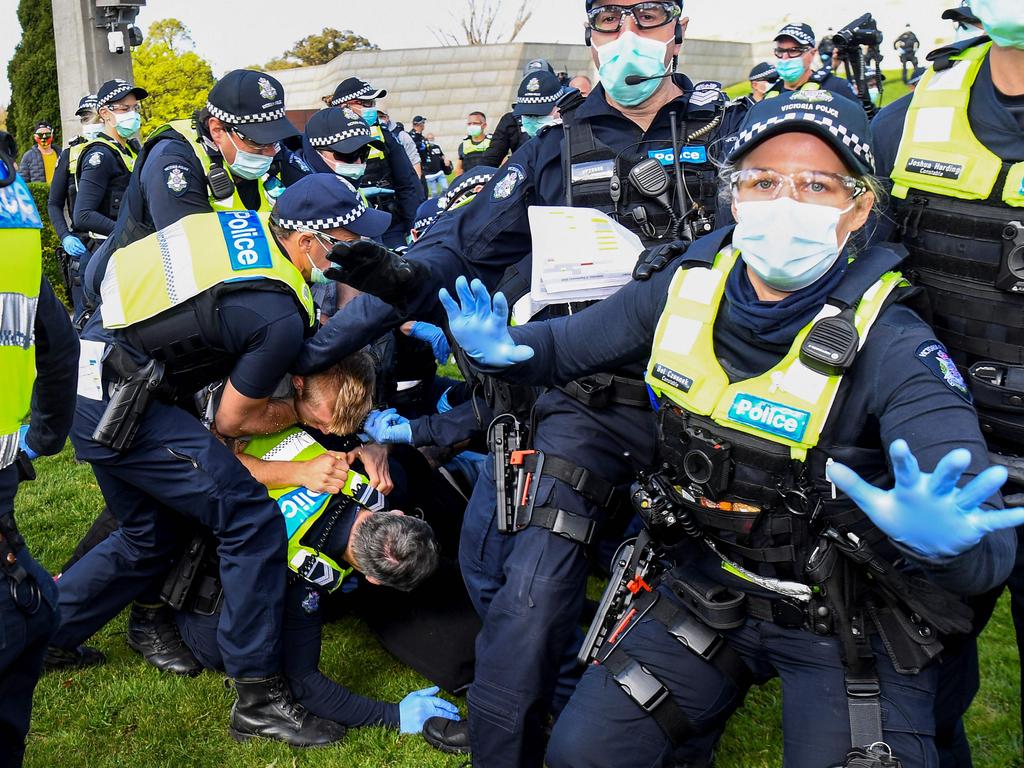
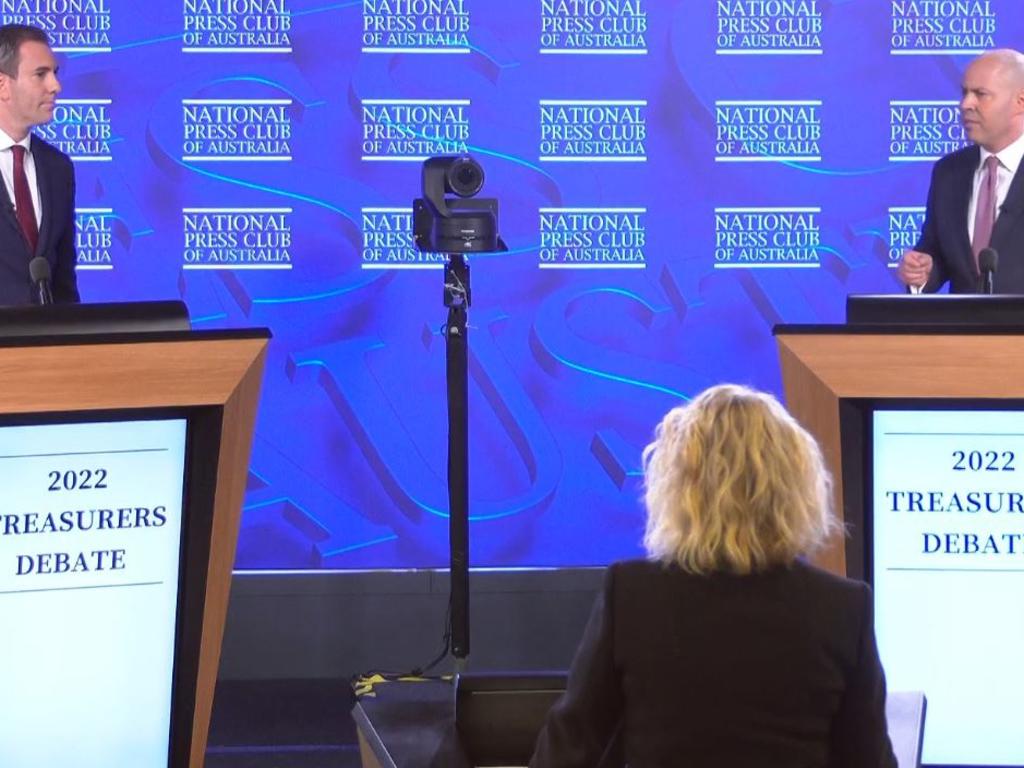
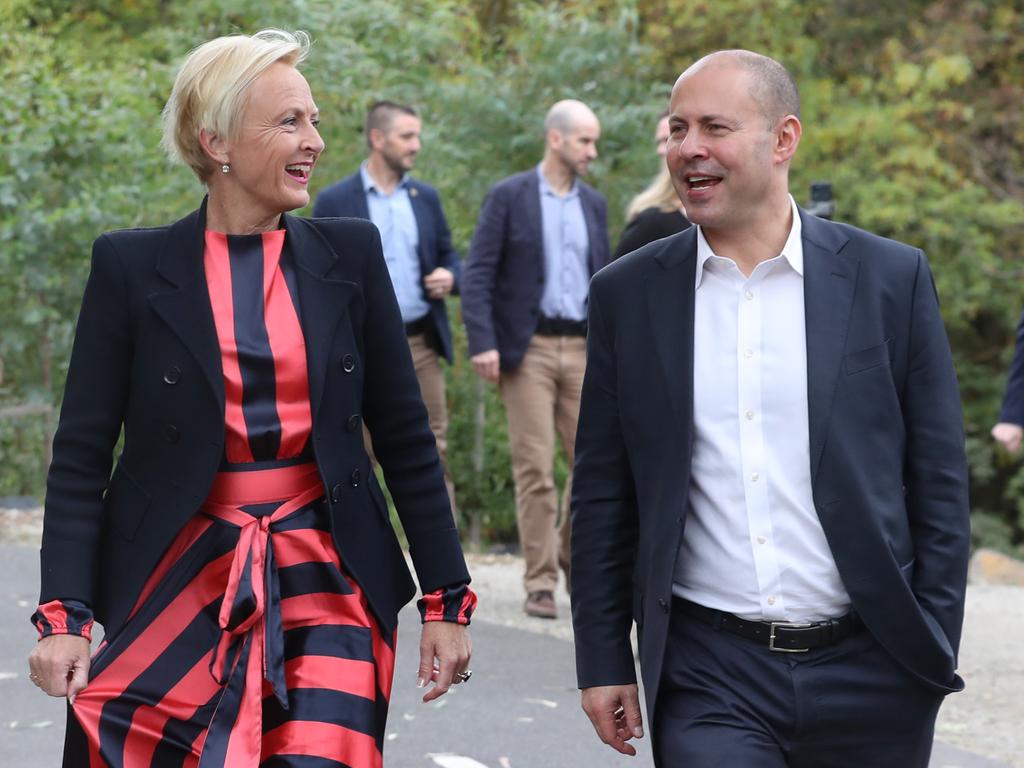



The central failure of this election campaign is that neither side is confronting the greatest dilemma bedevilling our country. What is worse is that the promises from both major parties, and most of the minors, will only compound our problems.